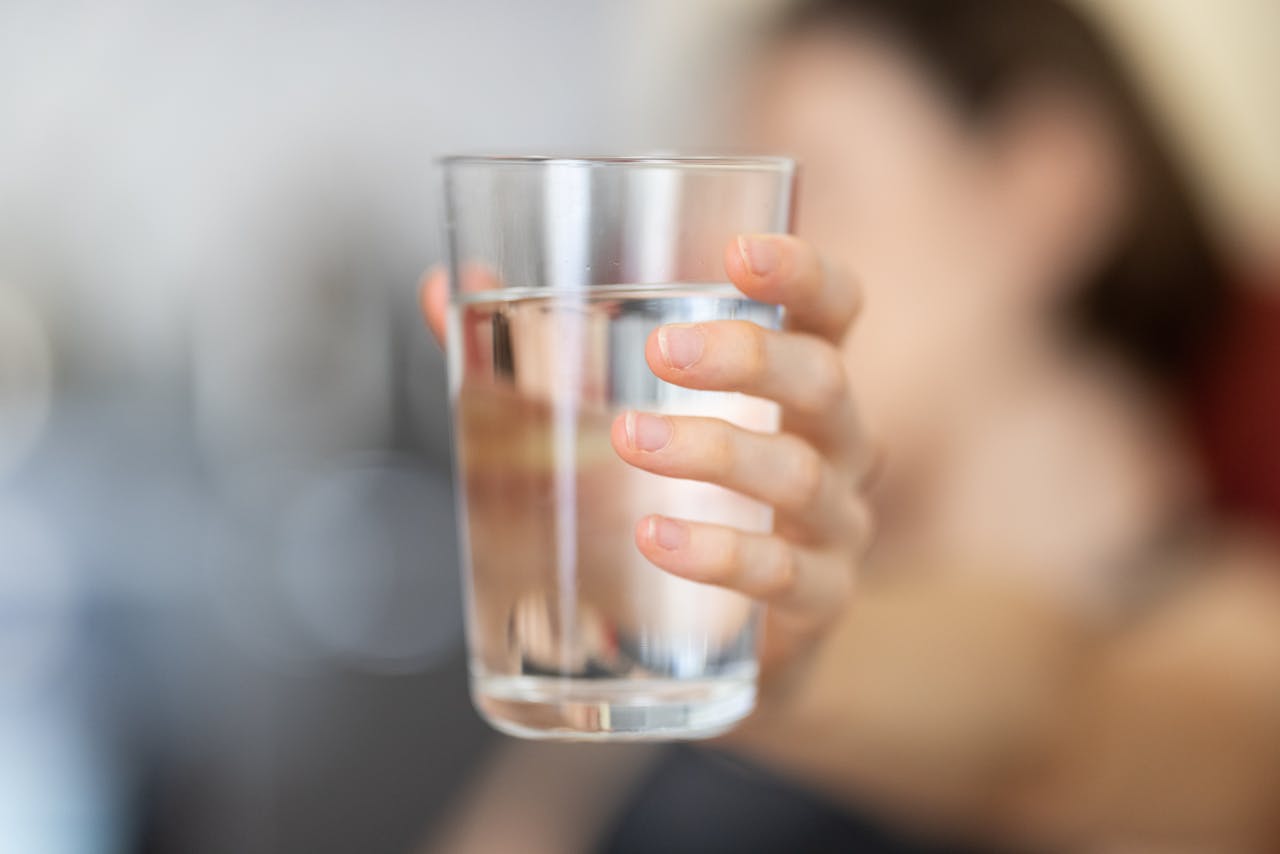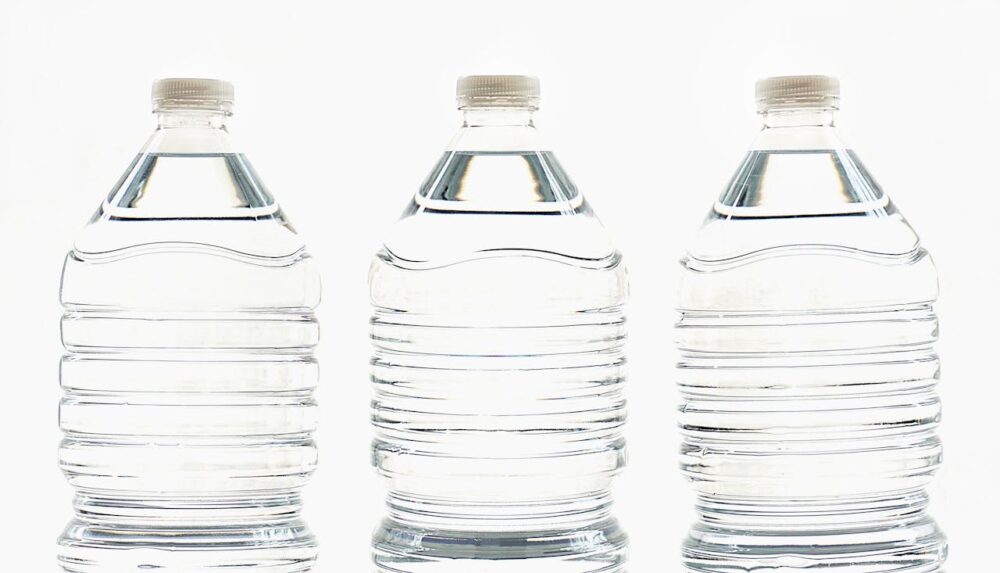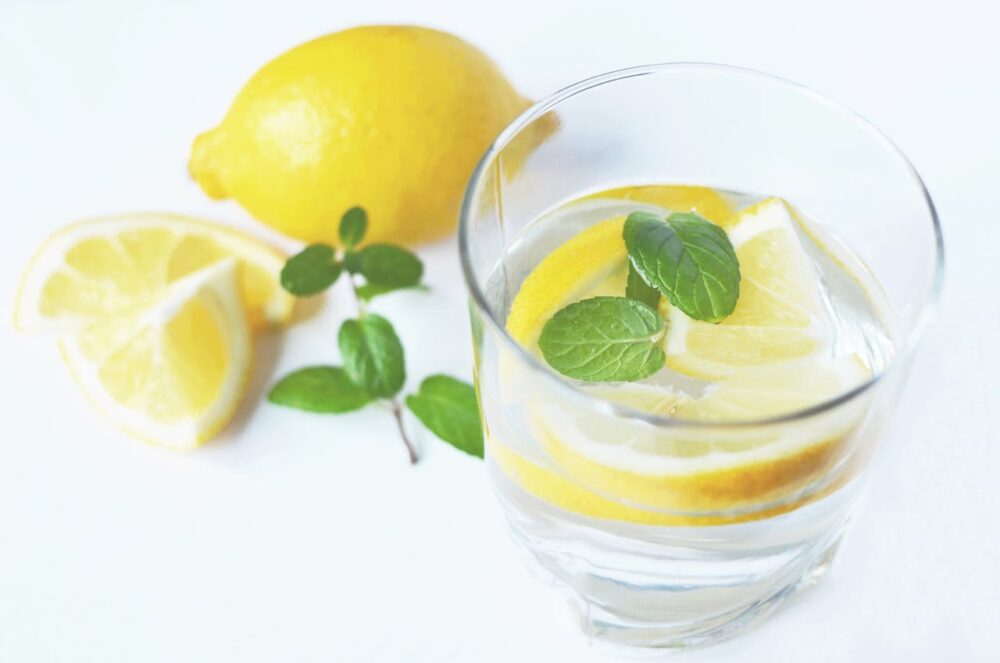Is Sparkling Water as Hydrating as Still Water?

Water is one of the most important resources we have and it is essential for drinking, but these days we have more choices than just plain tap water. Sparkling water, with its fizzy bubbles, has become increasingly popular. But does it hydrate us as well as regular still water?
Let’s start by clarifying what we mean:
● Still water is the regular water we’re all familiar with from taps or bottles. It’s flat, with no bubbles.
● Sparkling water, also called carbonated water or fizzy water, has bubbles of carbon dioxide gas dissolved in it. This gives it that characteristic fizz and tingly sensation when you drink it.
Staying hydrated is crucial for our health. Our bodies need water for nearly every function, from regulating temperature to helping our brains work properly. Without enough water, we can feel tired, get headaches, and even become seriously ill.
In this article, we’ll explore whether sparkling water can keep us as hydrated as still water. We’ll look at how our bodies process these different types of water and what science says about their effects on our health.
Composition
Still Water:
Regular still water is simply H2O that is, two hydrogen atoms and one oxygen atom. But it’s rarely just pure H2O. Depending on its source, still water often contains small amounts of minerals like calcium, magnesium, and sodium. These occur naturally as water flows through rocks and soil.

Common examples of still water are tap water and spring water – basically, water that isn’t carbonated and often found bottled.
If you’re drinking tap water, it might contain small amounts of chlorine or fluoride, which are added to kill harmful bacteria and protect teeth. Bottled spring water often boasts of its natural mineral content, which can vary depending on where it’s sourced.
Sparkling Water:
At its core, sparkling water is still water with added carbon dioxide gas. This creates carbonic acid, giving sparkling water its fizz and slightly tangy taste. The amount of carbonation can vary. Some sparkling waters are lightly carbonated, while others are very fizzy.
Many sparkling waters, especially flavoured ones, might have additional ingredients:
- Natural or artificial flavours to give them fruity or herbal tastes

- Minerals added for taste or claimed health benefits
- In some cases, small amounts of sodium or other compounds to enhance flavour
It’s worth noting that plain sparkling water doesn’t contain sugar or calories, just like still water. However, some flavoured versions might have added sweeteners, so it’s always good to check the label.
Hydration Efficacy
To understand how well sparkling water hydrates us compared to still water, we need to look at how our bodies process water.
When we drink water, it doesn’t just sit in our stomach. It gets absorbed into our bloodstream through the walls of our digestive system, mainly in the small intestine. From there, it travels all over our body, delivering hydration to our cells and organs.
The big question is: Does the carbonation in sparkling water affect this process?
Several studies have looked into this. One notable study published in the American Journal of Clinical Nutrition found that there was no significant difference in how the body retained water from still and sparkling sources. Participants stayed equally hydrated whether they drank still or sparkling water.
Another study found that carbonated water emptied from the stomach a bit more slowly than still water. However, this didn’t seem to impact overall hydration levels.
It’s important to note that while these studies suggest sparkling water hydrates as well as still water, individual experiences may vary. Some people find that the carbonation makes them feel fuller, which might lead to drinking less overall. On the flip side, some people enjoy sparkling water more and might drink more of it than they would still water.
Health Considerations
Both still and sparkling water can be part of a healthy diet, but there are a few health factors to consider:
Still Water:
● Long-term benefits: Drinking plenty of water is linked to better kidney function, clearer skin, and even weight management.
● Tap water considerations: While generally safe, tap water quality can vary. Some people worry about contaminants like lead from old pipes or trace amounts of medications that might not be filtered out.
● Mineral content: Natural still water, especially from springs, can provide small amounts of beneficial minerals like calcium and magnesium.
Sparkling Water:
● Dental health: The acidity in sparkling water has raised some concerns about tooth enamel. While it’s more acidic than still water, it’s far less acidic than sodas or fruit juices. Dentists suggest drinking sparkling water with meals to minimise any potential effects.
● Digestive system: Some people find that carbonation helps settle their stomach or relieve constipation. Others might experience bloating or gas, especially if they’re not used to carbonated drinks.
● Bone health: Early concerns about sparkling water affecting bone density have largely been dismissed. The carbonation doesn’t appear to leach calcium from bones.
For most people, both still and sparkling water can contribute to good health and proper hydration. The choice often comes down to personal preference and any individual health considerations. If you have specific health concerns, it’s always a good idea to chat with your doctor about the best choices for you.
Taste and Enjoyment
Let’s face it – taste matters when it comes to what we drink. While some people love the crisp, clean taste of still water, others find it boring. This is where sparkling water often bubbles to the top.
Many people enjoy the sensation of carbonation, describing it as refreshing and more interesting than still water. The slight tang from carbonic acid can also make sparkling water feel more satisfying, especially as an alternative to sugary sodas.
Flavoured sparkling waters have become increasingly popular, offering a range of tastes without added sugars or calories. These can be particularly appealing to people who struggle to drink enough plain water throughout the day.
However, taste is highly personal. Some individuals find carbonation uncomfortable or don’t enjoy the slightly acidic taste. They might prefer the purity and simplicity of still water.
The key takeaway? The water you enjoy drinking is the one you’re most likely to consume regularly. If sparkling water encourages you to drink more water overall, it could be a great choice for staying hydrated.
Environmental and Economic Factors
When choosing between still and sparkling water, it’s worth considering the bigger picture of environmental impact and cost.
Production and Transportation:
● Still water, especially tap water, generally has the lowest environmental impact. It requires minimal processing and transportation.
● Bottled still water involves plastic production, transportation, and disposal issues.
● Sparkling water requires additional processing for carbonation. When bottled, it faces similar environmental challenges as bottled still water.
● Home carbonation systems can reduce packaging waste but still use electricity and CO2 cartridges.
Cost Comparison:
● Tap water is by far the most economical option.
● Bottled still water varies in price but is generally less expensive than sparkling water.
● Store-bought sparkling water is typically more expensive due to processing and packaging costs.
● Home carbonation systems have an upfront cost but can be economical over time.
Environmental Impact:
● Both bottled still and sparkling water contribute to plastic waste if not properly recycled.
● The carbon footprint of sparkling water can be slightly higher due to the carbonation process and sometimes heavier packaging needed to maintain carbonation.
Special Circumstances
While both still and sparkling water can hydrate you, there are some situations where one might be preferable:
Exercise and Sports:
● During intense exercise, still water is often recommended. It’s quickly absorbed and less likely to cause stomach discomfort.
● Some athletes find carbonated beverages can cause bloating or discomfort during high-intensity activities.
Climate Considerations:
● In very hot climates, still water might be more palatable and easier to drink in large quantities.
● However, some people find sparkling water more refreshing in heat, potentially encouraging them to drink more.
Individual Health Conditions:
● People with certain digestive issues like acid reflux might find sparkling water aggravates their symptoms.
● Those with sensitive teeth might prefer still water to avoid potential enamel erosion from carbonation.
● Individuals on low-sodium diets should check labels, as some sparkling waters contain added sodium.
Always listen to your body and consult with a healthcare provider if you have specific health concerns.
Conclusion
As we’ve explored, both still and sparkling water can effectively hydrate your body. The choice between them often comes down to personal preference, lifestyle factors, and individual health considerations.
While we in developed countries have the luxury of debating between still and sparkling water, it’s crucial to remember that access to clean water of any kind is not universal. This is why we do what we do at AquaMaya.
AquaMaya, is a US-based nonprofit that is dedicated to bringing clean, safe water to communities in West Africa. Our mission goes beyond just providing water, we aim to improve health, reduce waterborne diseases, and foster economic development in the region.
By implementing water infrastructure projects, educating on hygiene practices, and promoting sustainability, We are working towards a goal of delivering clean water access to 10 million people in West Africa. These efforts are crucial in reducing child mortality from waterborne diseases and creating lasting positive change.
As we all consider our own water choices, let’s also think about how we can create clean and safe water options for others. Let’s make AquaMaya’s mission to make clean water a reality for all, a successful one. Whether still or sparkling, having access to safe, clean water is a fundamental right that everyone should enjoy.
So, the next time you reach for a glass of water either still or sparkling, take a moment to appreciate its availability, and consider how you might contribute to ensuring others have the same access to this life-giving resource.
Sources:
1. https://www.sciencedirect.com/science/article/pii/S000291652206556X?
2. https://theconversation.com/is-still-water-better-for-you-than-sparkling-water-237125
3. https://pubmed.ncbi.nlm.nih.gov/9009113/
4. https://www.health.harvard.edu/staying-healthy/does-carbonated-water-harm-bones
5. https://www.ncbi.nlm.nih.gov/pmc/articles/PMC10418726/






